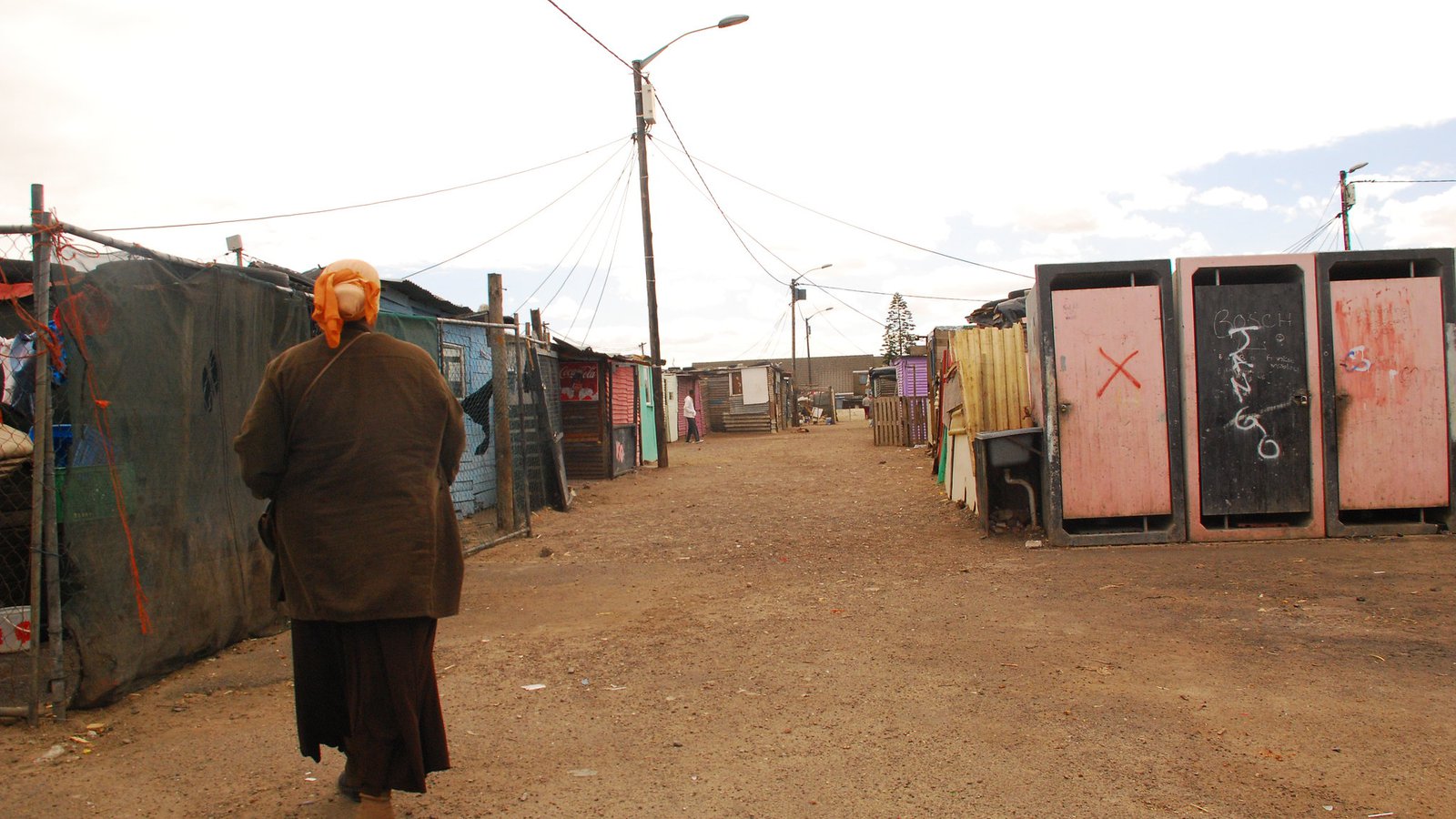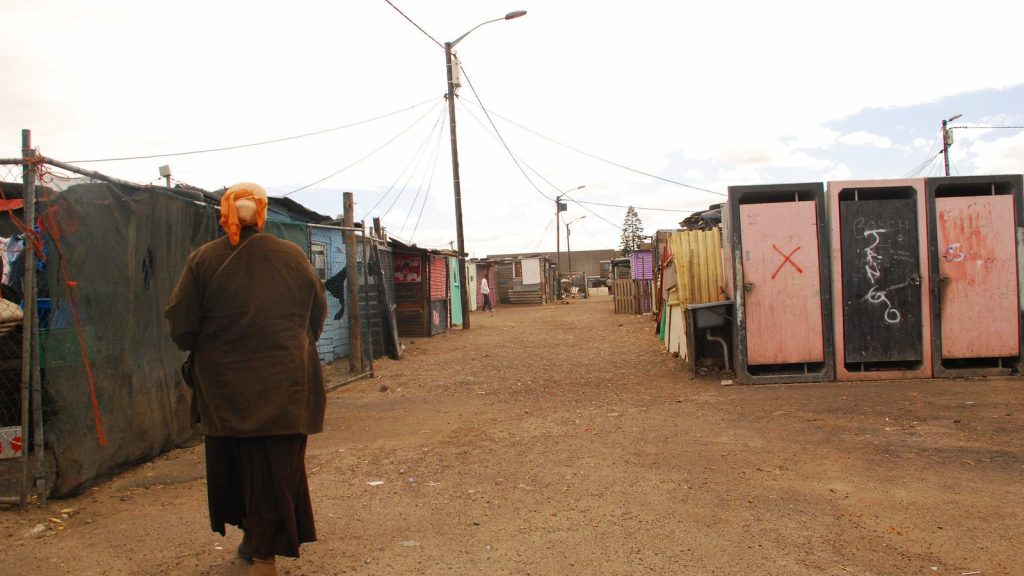Why are African countries still poor?

African countries, especially those in sub-Saharan Africa, are some of the world’s poorest countries today. For most people, this seems like an unexplainable paradox because these countries are also some of the wealthiest in terms of natural resources on the planet.
DR Congo is arguably the most natural resource rich country on the planet, the country is endowed with exceptional natural resources, including minerals such as cobalt and copper, hydropower potential, significant arable land, immense biodiversity, and the world’s second-largest rainforest. Nigeria is Africa’s largest oil producer and the eleventh in the world, apart from petroleum, Nigeria’s other natural resources include natural gas, tin, iron ore, coal, limestone, niobium, lead, zinc and arable land.
Despite this seeming immense wealth, both Nigeria and DR Congo are seen as the poster examples of why Africa is poor and for good reason. Nigeria is the poverty capital of the world with more poor people living in it than in any other country on the planet. In DR Congo on the other hand nearly three in four people live on less than $1.90 per day, representing one of the largest populations in the world living in extreme poverty despite having natural resources worth an estimated $24 trillion.

Corruption is not the problem
The pathetic economic situation in both Nigeria and DR Congo repeats itself throughout sub-Saharan Africa and most people erroneously blame widespread government corruption in these countries. Here is why;
Imagine a father with 8 children and two wives as financial dependants, yet this father’s entire income is less than $5 a day. Such a family would have been condemned to live in poverty regardless of whether or not the father has other negative proclivities on the side. For such a family, if the father is gambling and drinking, those vices will only exacerbate the family’s financial woes as they will still be poor regardless because earning less than $5 a day is simply not enough to sustain a family of 11.
Most people blame corruption for Africa’s problems without realizing that most African countries simply don’t make enough money and the government doesn’t collect enough taxes. DR Congo has a GDP per Capita of about $1,316, the Nigerian government collected tax revenue of about $15.5 billion from its over 200 million citizens in 2021. Sweden on the other hand collected $143.996 billion from its less than 11 million population in the same year.
The problem here seems obvious when you consider these numbers. Yes, government corruption is a problem, but the money being stolen is from a revenue pot that is not well optimized in the first place. New ideas are needed on how to generate more revenue and optimize existing sources of revenue.
How to end poverty in Africa
African governments need to collect more taxes which they can in turn use to build better infrastructure, provide security and other government services that will enable the people to move out of poverty. To achieve these, in countries like Nigeria the government needs to be decentralized for improved efficiency. The Nigerian federal government controls all armed security outfits in the country which is further exacerbating insecurity, states and communities needed to be allowed the freedom to govern their localities based on their particular peculiarities.
Policies are also a big problem in sub-Saharan Africa. Of the top 10 worse countries on the World Bank’s ease of doing business index, only 3 countries are not in the sub-Saharan Africa region. Wrong and poor policy implementation is holding back a lot of businesses from investing in Africa thereby denying the continent the much needed jobs and tax revenue that would have come from such businesses.
In Nigeria, one of the policies that have worked so well is the deregulation of the communication sector. The government gives licenses to private mobile operators who compete against each other to provide the best network tariffs and services to Nigerians. This competition means today Nigerians pay some of the lowest phone prices on the continent while enjoying similar services to other Africans and the government collects its highest tax revenue from the communication sector. Despite the communication sector being one of the few sectors that work well in the country relatively and the government’s cash cow, Nigeria has not been able to repeat these successful policies in other sectors of the economy.
Africa is poor today because governments across the continent don’t have good policies or are implementing poorly the few good policies. Corruption doesn’t affect the rate of poverty on the continent as much as people think, if the governments can implement good policies to generate enough revenue, poverty will be greatly reduced across the continent.
